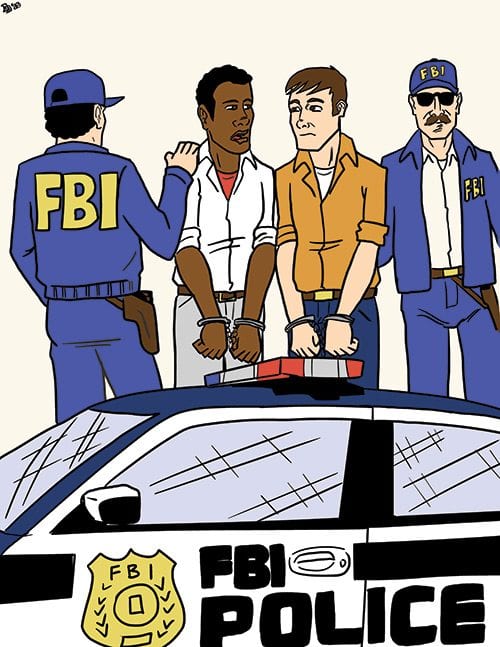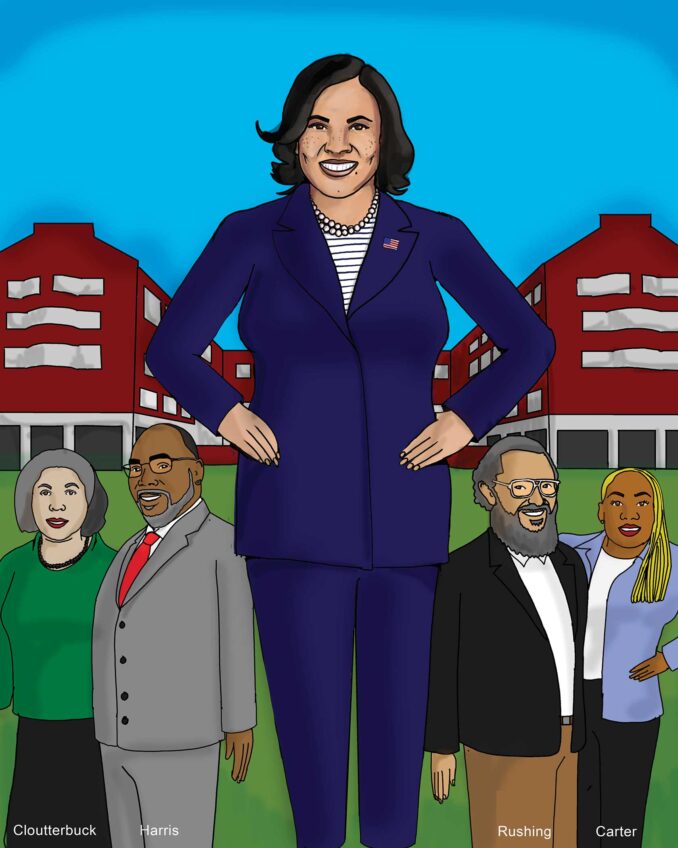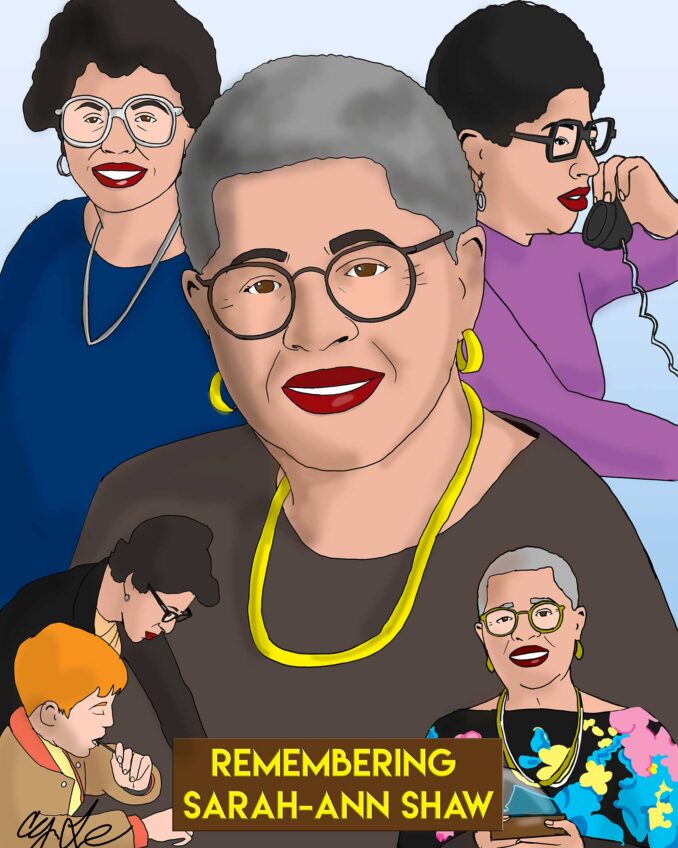
Many Americans have been inspired by the language of the nation’s Declaration of Independence: “We hold these truths to be self-evident, that all men are created equal, that they are endowed by their Creator with certain unalienable Rights, that among these are Life, Liberty and the pursuit of Happiness.” While there has been some dispute as to whether “all men” includes women or blacks, there always has been a general belief that “we the people” from the U.S. Constitution means sentient human beings. But now Americans are becoming more aware of the legal presumption that a corporation is also a person.
The business corporation was created for commercial convenience. Projects requiring substantial capital needed a way for passive investors to participate without assuming personal liability for the outcome beyond the amount of their investment. The business associates formed a company to carry on the business, make contracts, and to sue or be sued as necessary in its name. Thus the corporation was established with the rights of a person.
As time went by, the corporation gained the same rights under the 14th Amendment as an individual. This status was enhanced by two recent U.S. Supreme Court decisions. Citizens United v. FEC in 2010 ruled that some restrictions on electioneering by corporations violated their First Amendment rights to free speech. In the Hobby Lobby case in 2014, the court ruled it was a violation of the freedom of religion rights of corporate shareholders to require them to provide contraception insurance coverage for employees as required under the Affordable Care Act.
Now a new problem has arisen. A group of prominent banks have been declared guilty of engaging in felonious enterprise. Citicorp, JP Morgan Chase, Barclays and Royal Bank of Scotland are guilty of colluding to rig the value of currencies. An individual found guilty of such conduct would be fined, imprisoned and barred by the Securities and Exchange Commission (SEC) from participating in future money market operations.
The problem is that these banks are “too big to fail,” an expression common during the bank crash of 2008-2009. The fear is that the economy would suffer by exacting the usual penalty from such a group of major banks. So the solution has been for the banks to plead to the felony with the assurances from the SEC that the usual penalties will not be imposed.
The four banks will also pay a fine totaling $9 billion. That is not paid by the offending bank executives but will come from the banks’ financial resources. The innocent stockholders are actually the ones being penalized. There is no indication that an investigation will ensue to uncover the guilty participants employed by the banks.
The only penalty for those managing the banks involved in the felony is a bit of embarrassment. There is hardly any deterrence. Perhaps it is time to restrict the rights of personhood for corporations. Or perhaps it is time to reconsider the advisability of reducing the size of the banks that are too big to fail, as some have suggested. Management of a huge bank is so complex that renegade groups can operate within the bank without official notice.
What kind of system of justice does the nation have when felons can defraud the world, essentially with impunity, because they control enormous wealth?






